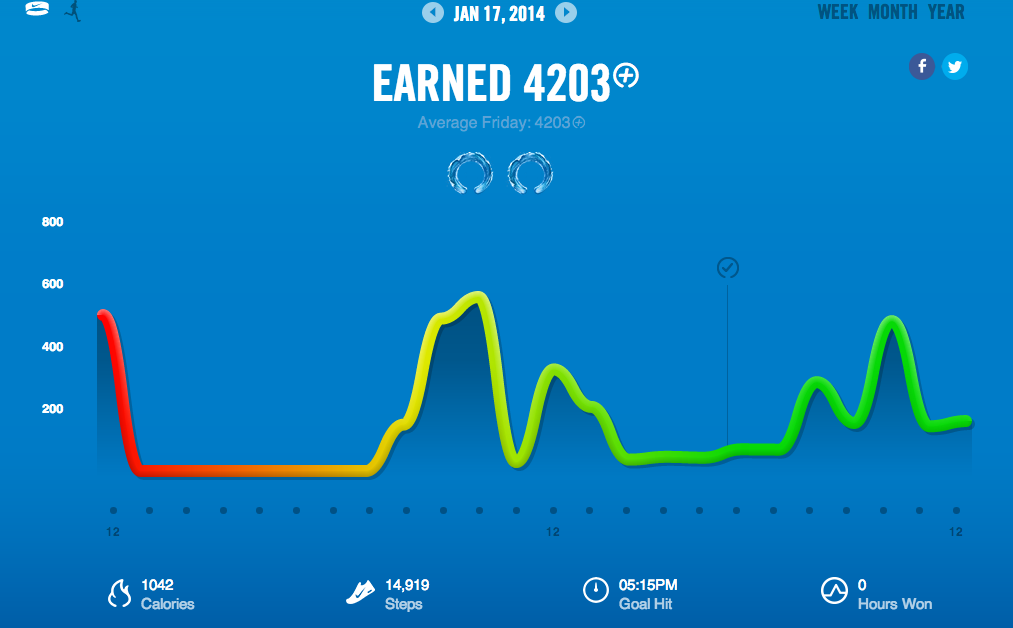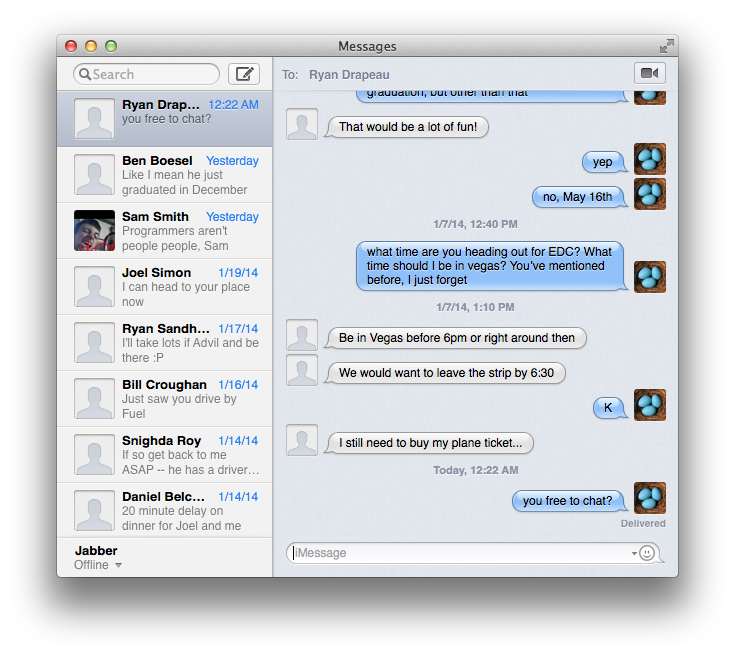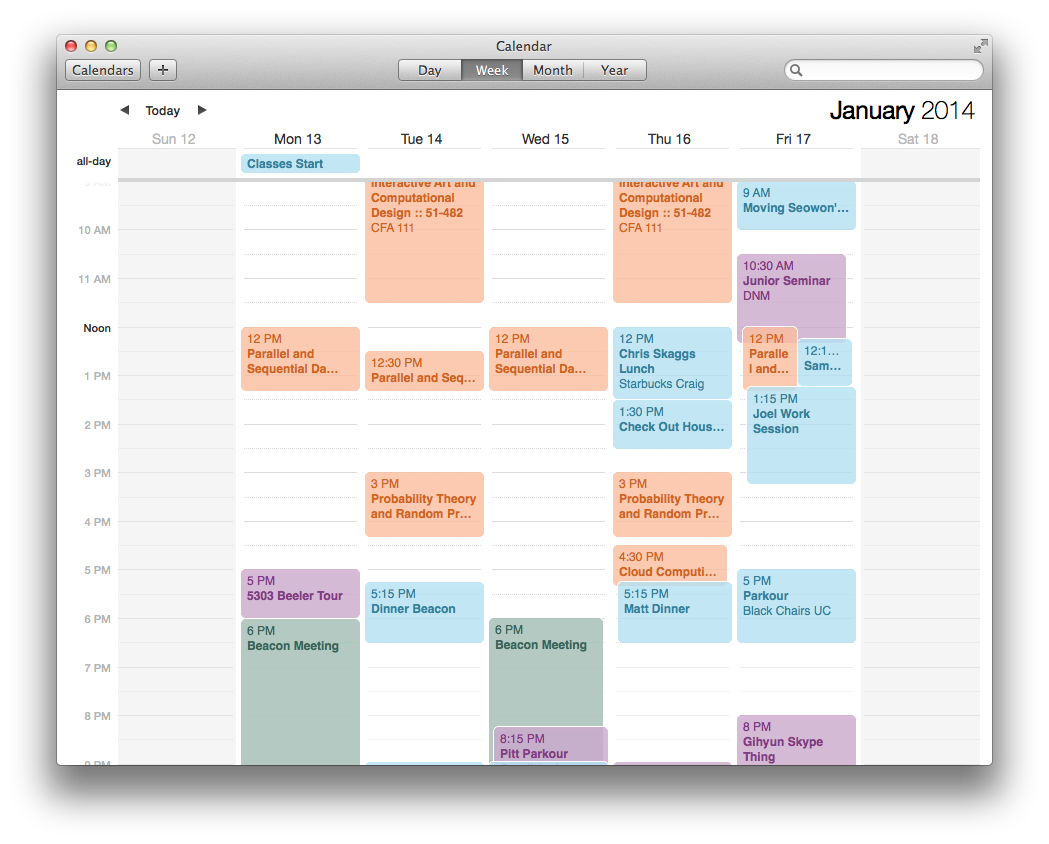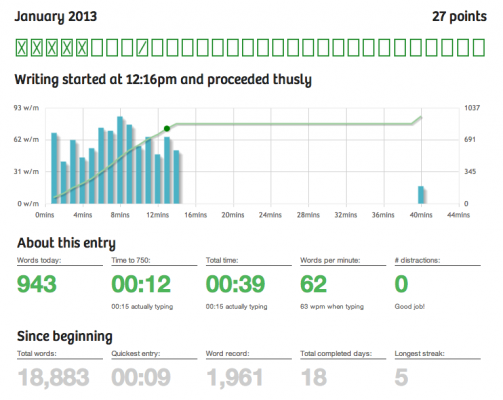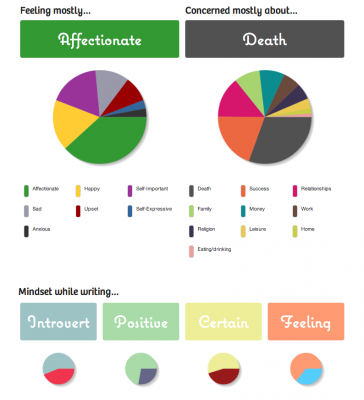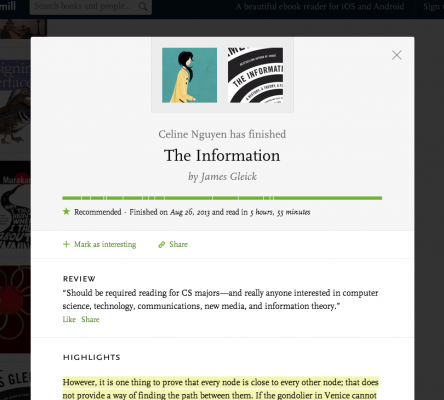FitBit & FuelBand
I want to use these two trackers just to see how much sense they make. I’ve been tracking my activities with FuelBand for about three days now and it kept telling me I consumed less than 500 calories everyday. I’d like to see if FitBit agrees and if they arrive at different conclusions, it might be interesting to visualize their discrepancies. Also it’d be fun to compare my data with other people’s data made public online. I’m almost positive that I’m the more stationary type of person and I can now find some prove.
I spend many hours in front of my laptop everyday so my web browsing history can certainly create an interesting image of myself. Browser data might also be combined with energy consumption data from FitBit/FuelBand, though I’m not quite sure how yet…
This one may seem banal but it’s just impossible to ignore data from Facebook. I’m not a big content generator for Facebook (I don’t post very often), but I’m a keen content consumer and spreader. Therefore I expect to see some pattern reflecting this preference from my Facebook data. It’d also be interesting to explore the connections between Facebook data and data from aforementioned tools.
